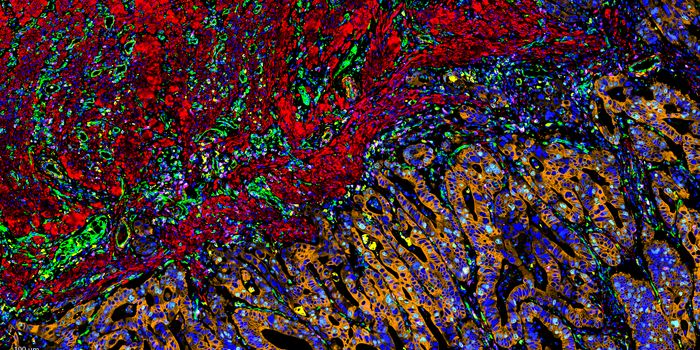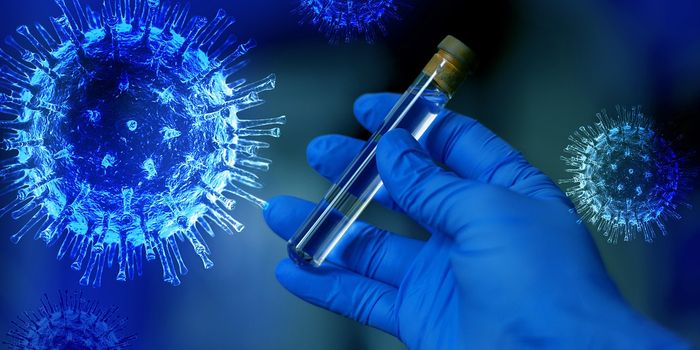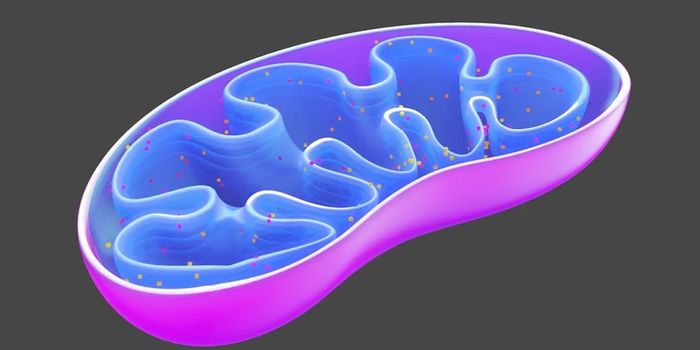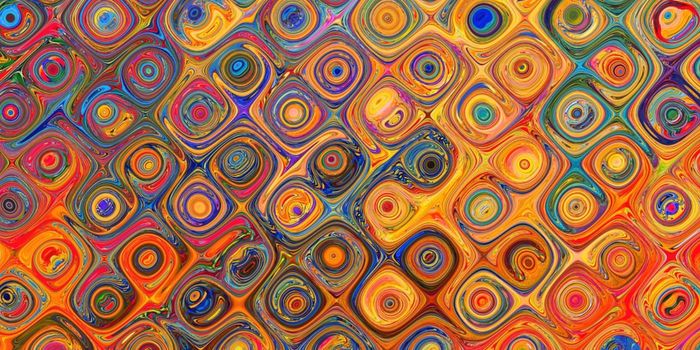With the number of superbug populations growing all the time, researchers are desperately looking for ways to reduce the amount of resistance, not to increase it. From the Instituto Gulbenkian De Ciencia (IGC), researchers are looking at the interactions between bacteria during infection, the immune system, and how the bacteria "learn" to become resistant to antibiotics.
Bacteria can adapt to survive in the presence of both the specific targets that antibodies use to attack them and the harsh environments of immune cells the body sends as first responders during an infection. But do the two of these have something in common? The researchers from IGC think so. In their new studies published in
Antimicrobial Agents and Chemotherapy and
Evolutionary Applications, they saw that when prompted to endure the immune cells, the bacteria spontaneously developed resistance and sensitivity to different antibiotics
They started with several populations of
Escherichia coli bacteria gifted with specific gene mutations that gave them the ability to resist two antibiotics called rifampin and streptomycin in the lab. Although in this situation the mutations were "installed" rather than naturally obtained, it is common for
E. coli strains to have resistance genes for these antibiotics.
Next, they let macrophages enter the ring. These are the first-responding immune cells that engulf and break down pathogens with internal enzymes. Compared to control bacteria with no antibiotic resistance genes, the
E. coli genes resistant to rifampin and streptomycin survived better and longer inside the harsh environment of the macrophages. There were no antibiotics included in these trials, yet the resistant group of bacteria were better at surviving in the macrophages, so what gives? "This means that antibiotic treatment selects for antibiotic resistance and simultaneously selects for a higher resistance to the innate immune system," explained Paulo Durao, PhD.
The other part of the research project was somewhat a mirror image of Durao's study. First author of this second study, Ricardo Ramiro, instead looked at how bacteria becoming resistant to the immune system helped them in also resisting antibiotics. Ramiro conducted several tests where bacteria were subjected to attack by macrophages; only the strongest would survive. These tests allowed Ramiro to select for the bacteria that could survive being engulfed by macrophages.
After examining the durable bacteria that survived, Ramiro and his team found that these bacteria were also resistant to a specific class of antibiotics called aminoglycosides. They had no trace of any antibiotic resistance before the study. However, in addition to their newfound power for resisting aminoglycosides, the researchers found that the bacteria were also especially sensitive to other classes of antibiotics.
Ramiro believes that the connections made from both studies lead to the suggestion that using specific antibiotic classes that bacteria become more resistant to after facing an innate immune attack could "allow for a faster cure of the infection while minimizing the emergency of antibiotic resistant bacteria."
Indeed, while it is a scary thought that battling the immune system helps bacteria become resistant to antibiotics and vice versa, if scientists can play their cards right, they can use the intricate relationship between bacteria, immune systems, and antibiotics to their advantage to boost human health. Next on the agenda is looking for similar interactions between other bacterial species causing problematic human infections:
Mycobacterium tuberculosis and
Salmonella.
Source:
Instituto Gulbenkian De Ciencia









